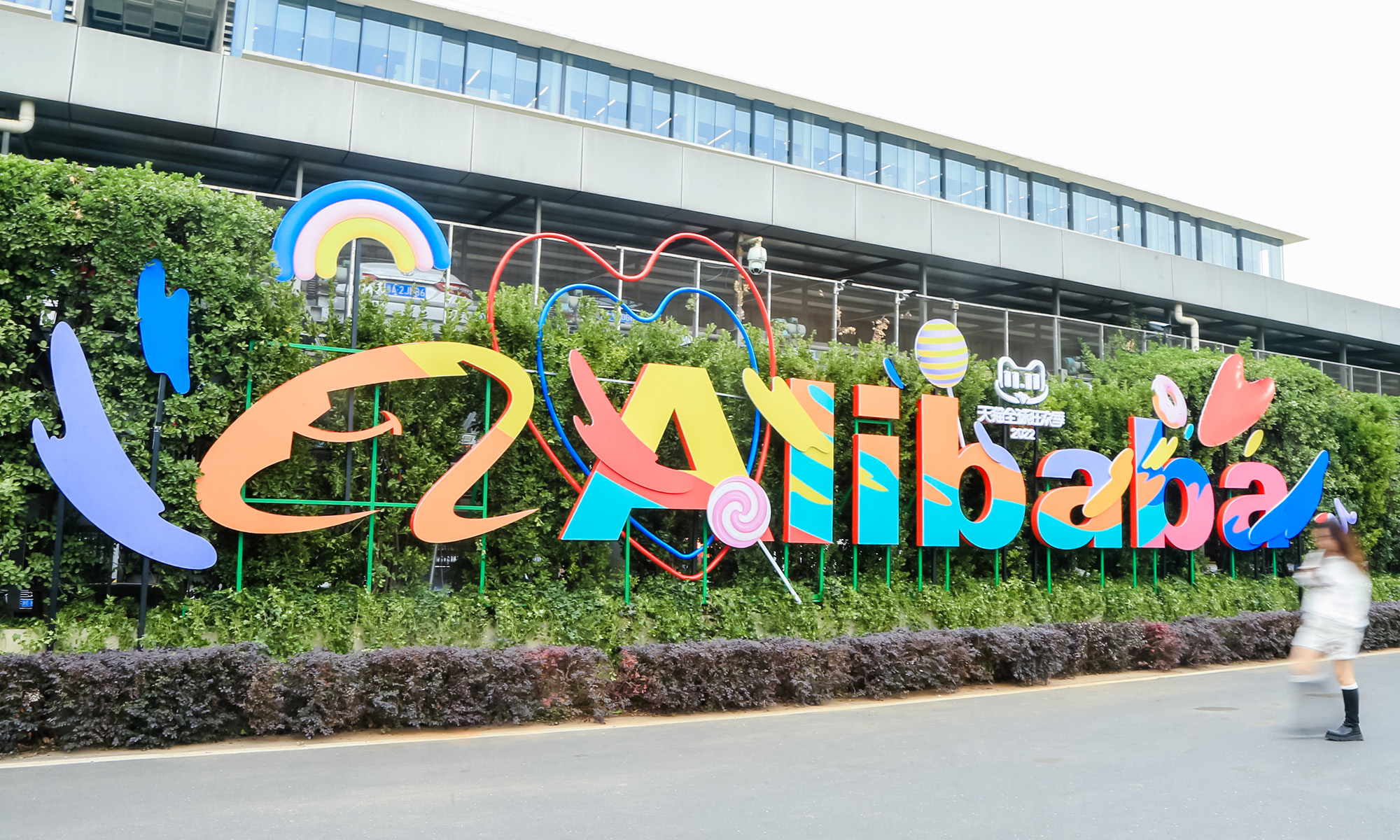Alibaba (BABA +1.73%) stock has had a good start to 2025, but it was giving back some of its gains after its fiscal fourth-quarter earnings report disappointed investors. The stock is still up about 45% on the year, as of this writing.
That said, the results clearly showed that the turnaround at the company's e-commerce business is progressing, while it continued to demonstrate strong artificial intelligence (AI) growth within its cloud-computing segment.
Let's take a closer look at Alibaba's most recent earnings to see if investors should buy the dip.

Image source: Getty Images.
The turnaround continued
Alibaba's largest and most important business by far remains e-commerce, which consists of its leading Tmall and Taobao platforms. Tmall is similar to Amazon's marketplace business and is where established brands sell their merchandise. Taobao is more akin to eBay, but without the auction format, where anyone can sell their goods.
In the past few years, the company's e-commerce business has been under pressure from a weak Chinese economy and heavy competition led by PDD's popular Pinduoduo platform. However, the company has been investing in its e-commerce business to make it more competitive, and its efforts began to show up this fiscal year, first through gross merchandise value (GMV) growth and then later with revenue and earnings before interest, taxes, and amortization (EBITA) growth.
This continued in fiscal 2025's Q4 (ended March 31, 2025), with the e-commerce segment growing its revenue 9% year over year to $14 billion, including 12% growth in its important third-party business. Alibaba credited the growth to a higher take rate from an earlier new software service fee it implemented and increasing uptake of its new AI marketing tool, Quanzhantui.
Importantly, its segment EBITA climbed 8% to $5.8 billion. This shows its e-commerce business is not just growing but growing profitably. It said it continues to see strong new customer growth along with continuous increases in orders. Its 88VIP premium memberships continued to grow by double digits, topping 50 million members.
Alibaba plans to invest heavily in "instant commerce" whereby customers can get items purchased on its Taobao platform delivered within an hour. Management thinks this can become a 1 billion consumer market opportunity. It also extended a deal with social media platform Rednote (akin to Instagram) to have Taobao links directly embedded in its posts.
Its cloud-intelligence group, or cloud-computing segment, saw revenue growth accelerate to 18% in the quarter, as revenue came in at $4.2 billion. It said its AI products were seeing broader adoption across industries, helping lead to its seventh consecutive quarter of triple-digit, AI-related growth. The segment's adjusted EBITA, meanwhile, soared 69% to $333 million.
The company is expecting to see significant cloud-computing revenue growth over the next few quarters.
The company's other businesses also generally showed strong revenue growth, although they largely remain unprofitable. Its international commerce segment (AIDC), which includes AliExpress, once again led the way, with revenue climbing 22% to $4.6 billion. However, its segment EBITA came in at negative $492 million. The company is still looking for the unit to become profitable this year despite tariffs.
Overall, Alibaba's revenue increased 7% to $32.6 billion, while adjusted EBITA jumped 36% to $4.5 billion. Its adjusted earnings per American depositary share (ADS) climbed 23% to $1.73.
Its operating cash flow rose 18% to $3.8 billion, but its free cash flow plunged 76% to $516 million as it invested heavily in data center infrastructure. It was still able to generate $10.2 billion in free cash flow for its fiscal year.
Alibaba ended the quarter with $51.6 billion in cash and short-term investments and $31.8 billion in debt. It also had $56.6 billion in equity and other investments on its balance sheet.

NYSE: BABA
Key Data Points
Is it time to buy the dip?
While investors were hoping for even more from Alibaba, the company continued to show strong progress in its turnaround. It's really made some nice strides with its domestic e-commerce business to return it to growth. Instant commerce could become a big differentiator, while its partnership with Rednote looks like a smart move. Meanwhile, its Quanzhantui AI marketing tool continues to gain adoption.
The company's cloud-computing business is seeing strong growth and nice operating leverage. While AI competition is fierce in China, Alibaba has become one of the country's leading AI players.
In addition, if the company can turn its AIDC business profitable, that will be a big profitability driver this fiscal year. Currently, it has a lot of money-losing emerging ventures it is trying to develop.
Trading at a forward price-to-earnings (P/E) ratio of around 12 times fiscal 2026 analyst estimates, the stock remains cheap, albeit not as cheap as it was much of last year. But between its continued turnaround and valuation, this looks like a good opportunity to buy on the dip.





